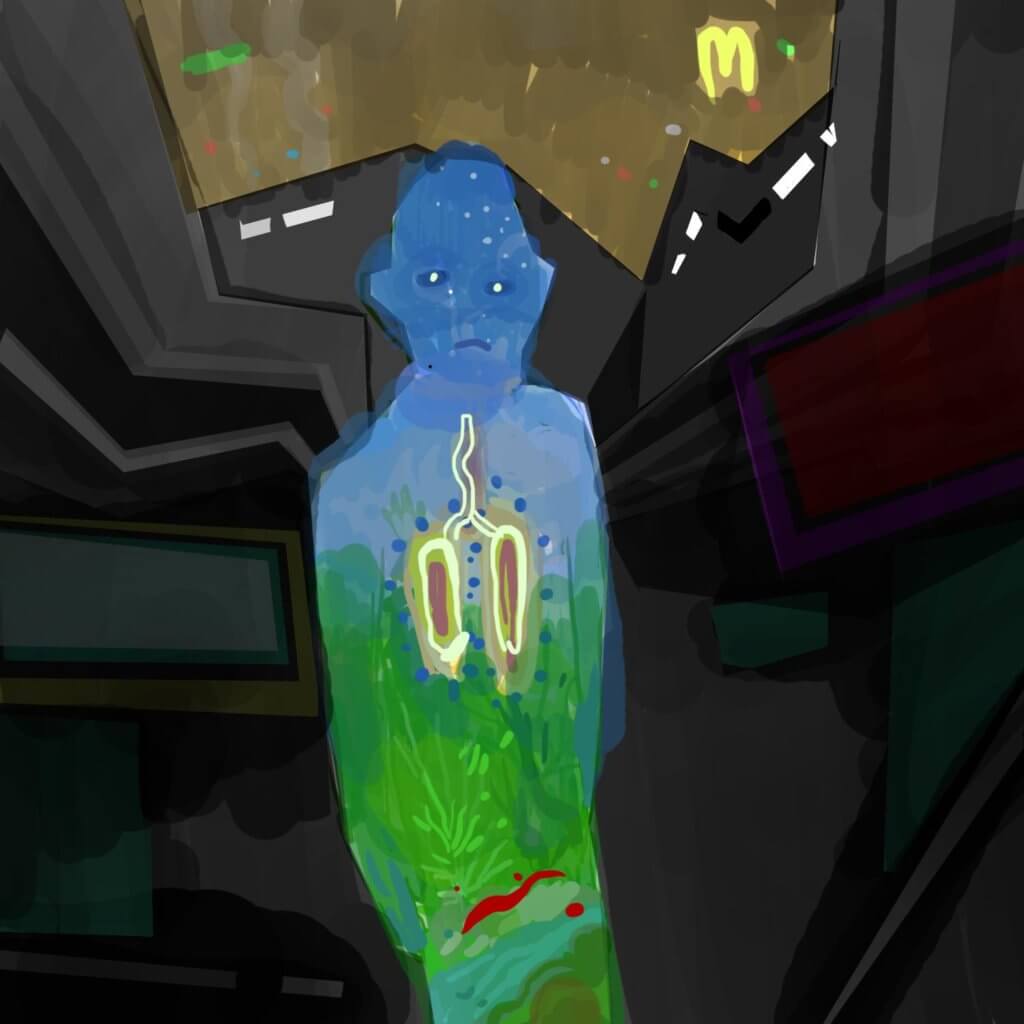Connections within the body create messy yet rewarding scientific work

We tend to hear a lot about the value of connection at a small school like Mt. A. In a close-knit community like Sackville, connections are fostered at every turn, between students, professors, community members, disciplines – the list goes on. But while we’re constantly told about the importance and benefits of connections, their downsides are often ignored.
In science, connections pose a big problem. As a biology student who is particularly interested in physiology, I am interested in how living things function. I spend a lot of time trying to navigate the tangled web of connections within living things. While much of the time I listen to the university community sing the praises of connection, the complexities of connections make my own work (and that of many others) complicated and messy.
Take the human body, for example – the number of connections that our bodies house is almost unimaginable. We’ve got connections that are physical, electrical, chemical; some that are so tiny that we need a microscope to see them, others that are much more obvious. All these connections make the study of anatomy and physiology extremely complex, intricate and annoying. A scientist’s job is to try to untangle and unwind some of these connections. The point of this untangling is to try to better understand how things work in isolated areas or specific situations. We try to tease things apart in order to get an idea of what’s going on with a process at one particular level so we can then change it or improve it.
One example of a process that’s full of connections, which has been the focus of my honours research this year, is the regulation of appetite. There are many, many factors that influence whether or not you decide to eat: Is everyone else eating? Do you like what’s being served? Are you hungry? Sad? Bored? While there are countless personal, social and circumstantial elements that can connect and contribute to your personal choice to consume food, the same is true on a physiological level. All of these factors become really important in disorders involving food and body weight, as we have to figure out which of the many processes involved could be targeted to make a sick person better. In order to have a chance of understanding anything about how our bodies regulate appetite, we need to try to separate these different elements, which is no easy task.
As annoying as they can be, connections are also what make the study of the human body so exciting. There is always something else to unwind, something else to figure out. Connections mean our work is never finished: for every question we answer about a connection, several more pop up. Connections, troublesome as they are, also allow us to eat, speak, breathe, move and think. While they can – and do – cause endless challenges for people like me, there is no denying their importance.





